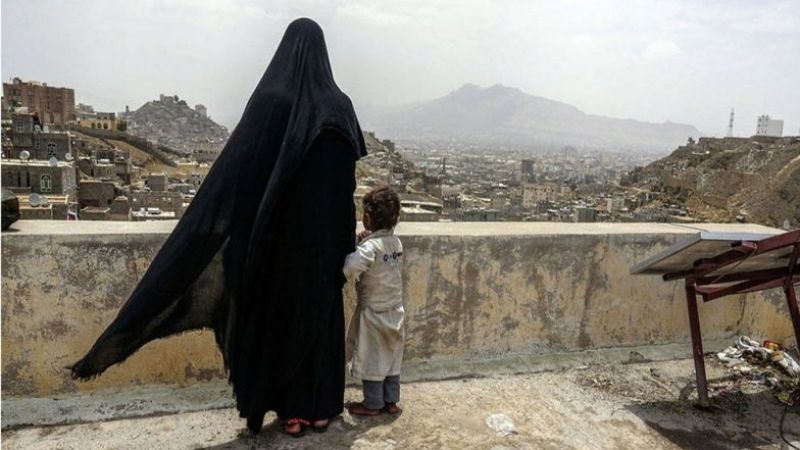
Local Editor
Impoverished Yemen is being devastated as a stalemate continues between the Houthi revolutionaries and the Saudi-led coalition. The three-year civil war has left around two-thirds of Yemen's population of 27 million relying on aid, and over eight million at risk of starving.
According to the UN and other sources, from March 2015 to December 2017, an estimated 14,000 people have been killed due to fighting in Yemen but more than 50,000 have died as a result of an ongoing famine caused by the Saudi Arabia-led blockade of the country.
"On August 1, we received reports that a UNICEF-supported warehouse containing humanitarian provisions, including hygiene and water-related supplies, was hit by two airstrikes," UNICEF executive director Henrietta Fore said.
She said a UNICEF-supported sanitation center in the district of Zabid in Hodeida came under attack on July 28, damaging the facility's fuel tank. A day earlier, she said, the water station in the district of al-Mina, which provides Hodeida with most of its water, was hit.
Apart from the destruction of aid infrastructure, Saudi-led air strikes have hit Yemen’s crucial port of Hodeida which acted as the distribution center for aid material crippling an already shattered region.
Saudis are reportedly spending $6 billion a month on the war. U.S. justification for backing the Saudis has never been clearly explained, either by the Obama or Trump administration. The most logical explanations is that it is important to check Iran’s influence in the region and Saudi Arabia is the best way to do so.
Current U.S. Secretary of Defense James Mattis argued in a letter to Congress in March that American involvement helps limit civilian casualties. Last summer, the Senate narrowly approved the sale of $500 million of precision-guided munitions to Saudi Arabia. Selling bombs is mighty profitable.
But, the tragedy is that Saudi Arabia evidently used these same precision-guided missiles to target a school bus carrying children to a picnic. 44 children died in this attack in August.
Congress now wants to create an oversight of the use of its munitions sold to Saudi Arabia. In an apparent move to ameliorate its conscience, the U.S. has sent seven ships laden with wheat to Yemen to aid in the food crisis.
However, as long as Saudi Arabia continues to blockade and bomb Yemen, and U.S. continues to supply it with weapons the country on the Arabian coast will remain the “world’s worst humanitarian crisis.”
Source: News Agencies, Edited by Website Team